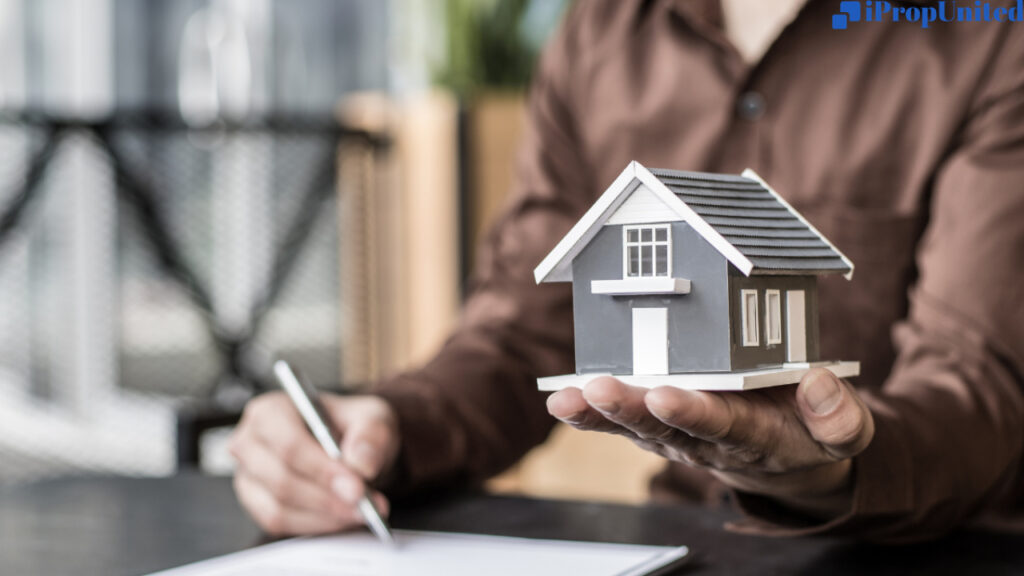Investing in real estate is often seen as a secure and profitable venture, but like any asset, properties undergo a natural process of depreciation. This phenomenon is crucial to comprehend when contemplating the resale of your home, as it directly influences its market value.

In this breakdown, we explore the ins and outs of property depreciation, how to calculate it, and the various elements contributing to this inevitable reality.
Decoding Property Depreciation: A Closer Look
At its core, property depreciation signifies the decrease in the selling price of an immovable asset over time. While the land underneath may retain its value, the structures on it undergo a reduction in worth. Therefore, when assessing depreciation, only the built structures are considered, leaving the land’s value unaffected.
Crunching the Numbers: Calculating Property Depreciation
To calculate property depreciation, consider two primary factors: the total useful age of the structure and the number of years since construction. Use the formula:

Deduct the resulting depreciation value from the selling price of the building or house. This provides the depreciated value of the structure. Keep in mind that this calculation only pertains to the building; the land retains its value.
Let’s break it down with an example:
Suppose you intend to sell a 10-year-old property with a land value of Rs 30 lakh and a construction cost of Rs 20 lakh. The appreciated land value is Rs 45 lakh, with a total useful age of 60 years. Applying the formula, you can calculate the depreciated building price and arrive at the final market value, which, in this scenario, would be approximately Rs 61.67 lakh.
Depreciable Property: Unpacking the Concept
Depreciable property refers to any asset that experiences a reduction in value over time due to wear and tear, aging, or damage. For tax purposes, this category includes long-term assets used for business, and the Income Tax Department sets annual depreciation rates. For instance, residential buildings have a depreciation rate of five percent, allowing homeowners to deduct a portion of their taxable income, thereby facilitating tax savings.
Factors Influencing Property Depreciation
Several factors contribute to the depreciation of a property:
Physical Obsolescence
As structures age, they naturally deteriorate, requiring more maintenance. Proper upkeep can mitigate depreciation, while poorly maintained properties may experience a higher rate of depreciation.
Location and Infrastructure
Properties in upscale areas typically depreciate at a slower rate than those in underdeveloped regions. Additionally, incomplete or delayed infrastructure projects can impact the resale value negatively.
Legal Tussles
Properties entangled in legal disputes may witness accelerated depreciation, making them less attractive to potential buyers.
Exceptions to the Rule: Emotional Attachment and Land Scarcity
While depreciation is a standard consideration, emotional attachment and land scarcity can influence property values. Individuals may be willing to pay more for a property due to sentimental connections, and properties in high-demand areas may command a premium despite depreciation.
Final thoughts
Property depreciation is an essential aspect to be aware of when determining the right price for your home. While it plays a significant role, it should not be the sole factor in setting the sale price. A holistic approach, considering negotiation thresholds and property condition, ensures a balanced and informed selling process.
Follow and Connect with us: Twitter, Facebook, Linkedin, Instagram








